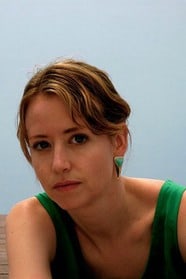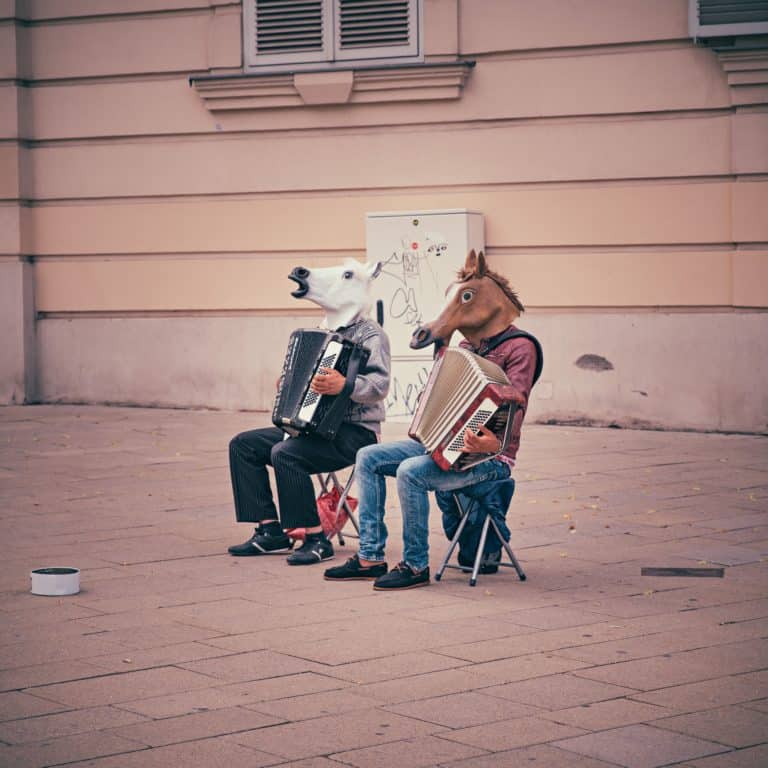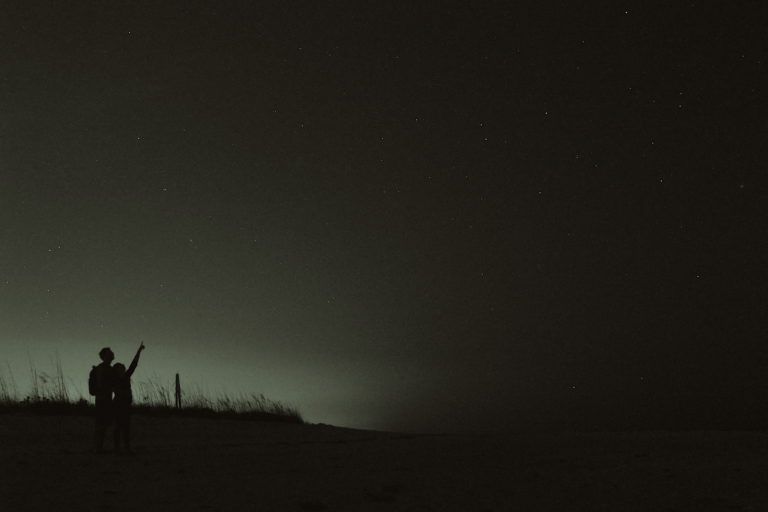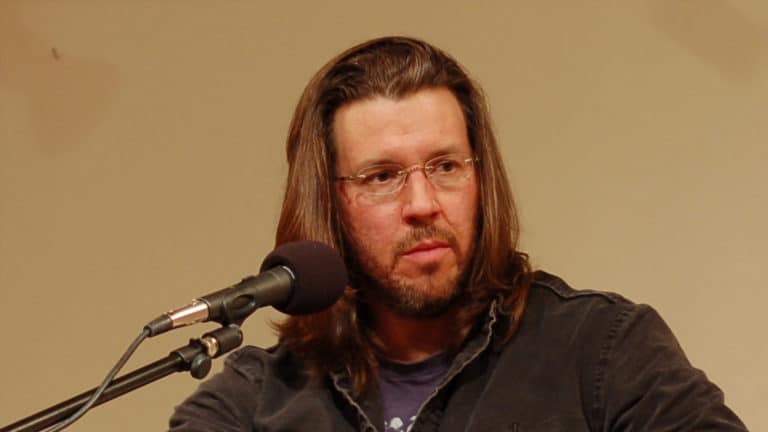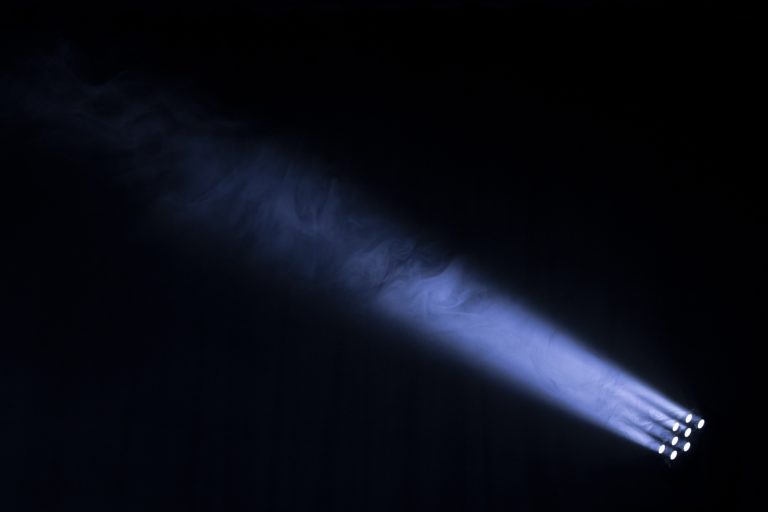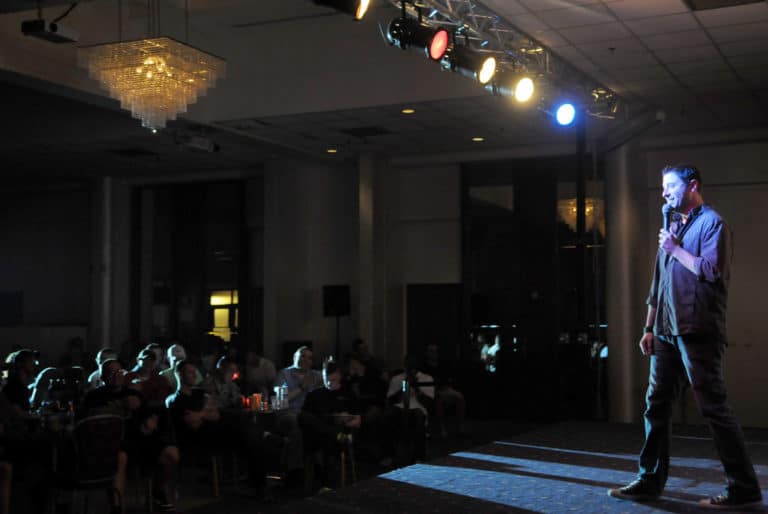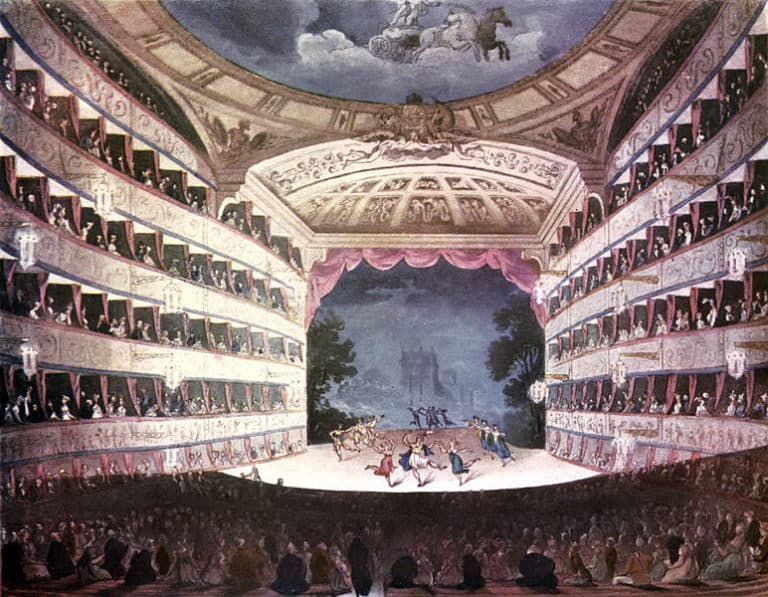Time frames our experience in the world, yet time is never stable: it is always moving. This morning, I walked my dog from Carroll Gardens to the Red Hook waterfront and back. We were out for an hour and ten minutes. Yet during that time I also traveled to the immediate past (a conversation I’d had with my sister the previous day) and the distant past (a childhood memory) and the future (the errands I needed to run later in the week) to the speculated future (would I live on the West Coast sometime in the next ten years?). This internal travel was prompted by both landscape—passing The Red Hook Lobster Pound brought me back to an ancient memory of my first time in Maine, a visceral flash of hot butter and seawater thrashing rocks—and the way the mental space created by walking allows my current daydreams and worries to float to the surface of thought. Somehow on this walk I managed to simultaneously span an hour and ten minutes and decades and a future I have yet to live and a future I might never live.
On a bright warm day, the morning walk passes quickly and I feel like I could walk forever. When I am anxious, I feel like I could walk forever. When I am ecstatic, I feel like I could walk forever—yet a walk fueled by joy will track, temporally speaking, very differently than a walk fueled by anxiety. When the weather is chilly and damp, time moves sluggishly and the walk feels long. When underslept, the walk feels very long.
The subway can feel agonizingly slow when we’re running late and anxious to arrive; a scintillating conversation with a friend can span hours, but feel as though it elapsed in a blink.
We have devised many instruments to “fix” time—calendars, clocks, alarms—yet because our relationship to literal time is influenced by the internal material, “the personal time,” that surrounds the hours, the way we experience time is fundamentally changeable and unstable.
The same is true for fictional characters.
⧗
In a short story, it’s critical to understand how literal time will operate. Will the story span a lifetime or an hour or a season or a week? Where will you begin in time? Where will you end? How will you move through time? Will the story tip back into the past? If so, how often and how deep and how will you get there and get back? Will the story move into the future? Will there be multiple strands of time in play? These questions of “clock time” are of course integral to structure, as they create the borders of the story’s invented universe.
Equally important, however, is the internal material that hovers around the hours, influencing how the central character/characters experience whatever “clock time” the story has established. For example, Edward P. Jones’s The Night Rhonda Ferguson Was Killed spans a single day and the movement across time is largely linear as the central character, Cassandra, carries out an errand with several friends. The errand takes unexpected turns and, as the title suggests, the night culminates in Rhonda’s death. Ultimately, though, it is the “personal time” (frequently evoked by the external world Cassandra makes contact with as she moves through the story) hovering around the “clock time,” and the events contained therein, that gives The Night Rhonda Ferguson Was Killed its dramatic power.
⧗
In my second collection, The Isle of Youth, the story that took me the longest (seven years!) is called “Antarctica.” The story is about a woman who travels to an Antarctic research station to investigate the sudden death of her estranged brother, a scientist killed in an explosion. The story moves between Antarctica and the distant past, where the narrator, her brother, and her brother’s wife lived together in Cambridge, MA.
For years, I had only the Antarctica thread, and every attempt felt fake and flat. The temporal borders were fuzzy—How long is she in Antarctica? Why am I representing this volume of time on the page?—and worse still I lacked any understanding of why this specific passage of time mattered to her at all.
At one point, I got the idea to “set a clock” in the Antarctica thread. Instead of making her time there quasi-borderless, I would limit her stay at the station to four or five days. This simple question about literal time led me to a host of new questions and discoveries: Instead of a scientist, she was now a civilian, which would account for why she, as a kind of interloper, would have limited access. From there, I wondered: what would a civilian want with an Antarctic research station? What is she in Antarctica to do? What will happen if she fails? Eventually I located the timeline that unfolds in the past, and explores the nature of the estrangement and how a secret shared between the narrator and her sister-in-law brought about an irrevocable fracturing. In this version, the past informed the way the narrator experienced the present; it helped the present to matter.
⧗
In our real lives, there is a basic understanding of why the passage of time matters to us: time is not infinite; one day the days will run out. That truth is not automatically so for fictional characters: they are not real people, after all, but products of our imagination. We can make them all immortal if we wish. In Antarctica, had I not been able to make two critical decisions about time—I needed a “ticking clock,” and the past, in respect to both literal and personal time, needed to matter as much as the present—the story would have remained unwritten. For me, it was a powerful reminder that, in any story we embark on, time will always be among our most crucial inventions.
